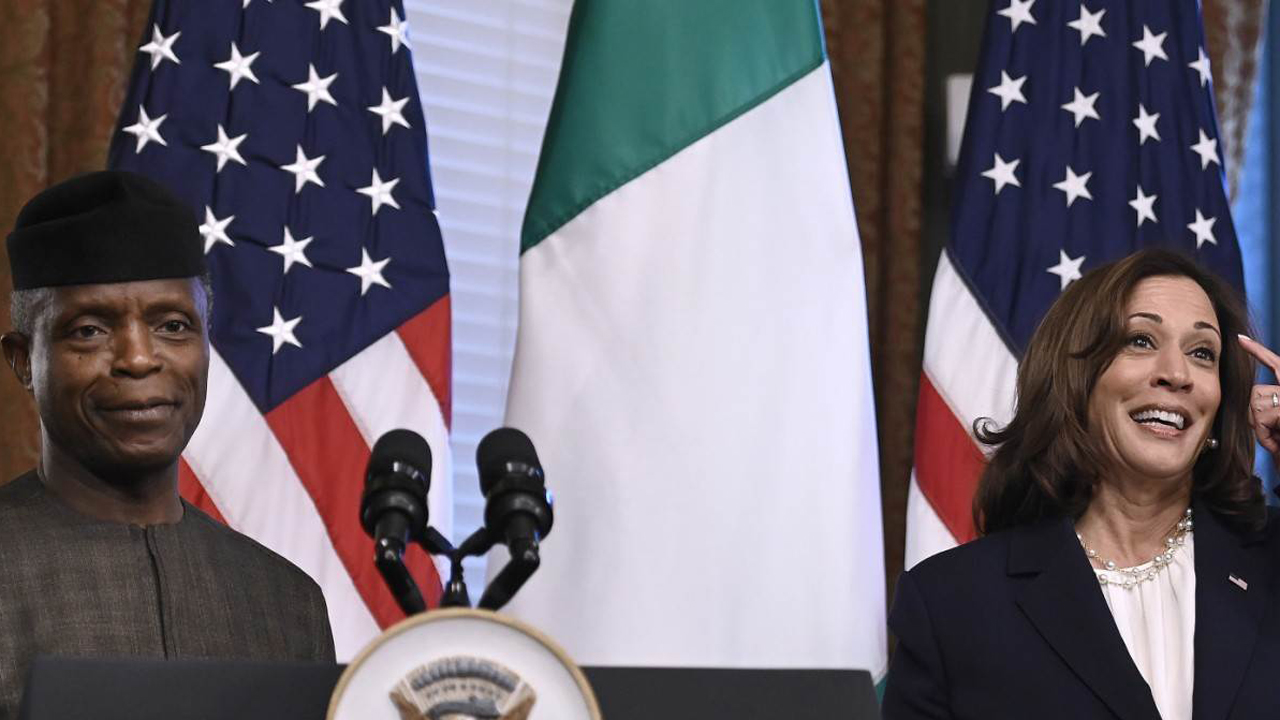
Explaining DFC during a lecture on a just and equitable energy transition for Africa, at the Center for Global Development in Washington D.C, Osinbajo stated that the concept is where bilateral or multilateral debt is forgiven by creditors in exchange for a commitment by the debtor to use the outstanding debt service payments for national climate action programmes.
“Typically, the creditor country or institution agrees to forgive part of a debt, if the debtor country would pay the avoided debt service in a local currency into an escrow or any other transparent fund, and the funds must then be used for agreed climate projects in the debtor country.”
Justifying the rationale for such a debt swap deal, the Vice President submitted that the commitment to it would increase the fiscal space for climate-related investments and reduce the debt burden for participating developing countries.
His words: “For the creditor, the swap can be made to count as a component of their Nationally Determined Contributions (NDC).”
To make this efficient, the professor noted significant policy actions necessary to make it acceptable and sustainable. He proposed greater participation of African countries in the Global Carbon Market while exploring financing options for the energy transition.
According to him, there is a need to take a comprehensive approach in working jointly towards common goals, including the market and environmental opportunities presented by the financing of clean energy assets in growing energy markets.
“In addition to conventional capital flows from public and private sources, it is also essential that Africa can participate more fully in the global carbon finance market.
“Currently, direct carbon pricing systems through carbon taxes have largely been concentrated in high and middle-income countries. However, carbon markets can play a significant role in catalysing sustainable energy deployment by directing private capital into climate action, improving global energy security, providing diversified incentive structures, especially in developing countries and providing an impetus for clean energy markets when the price economics looks less compelling – as is the case today,” he added.
Osinbajo encouraged developed countries to support Africa to develop into a global supplier of carbon credits, ranging from bio-diversity to energy-based credits, which would be a leap forward in aligning carbon pricing and related policy around achieving a just transition.
Addressing concerns of African countries and other developing countries regarding a just transition, the don noted: “The central thinking for most developing countries is that we are confronted with this issue of a just transition with two, not one, existential crises – the climate crisis and extreme poverty.
“The clear implication of this reality is that our plans and commitments to carbon neutrality must include clear plans on energy access if we are to confront poverty. This includes access to energy for consumptive and productive use and spanning across electricity, heating, cooking and other end-use sectors.”



